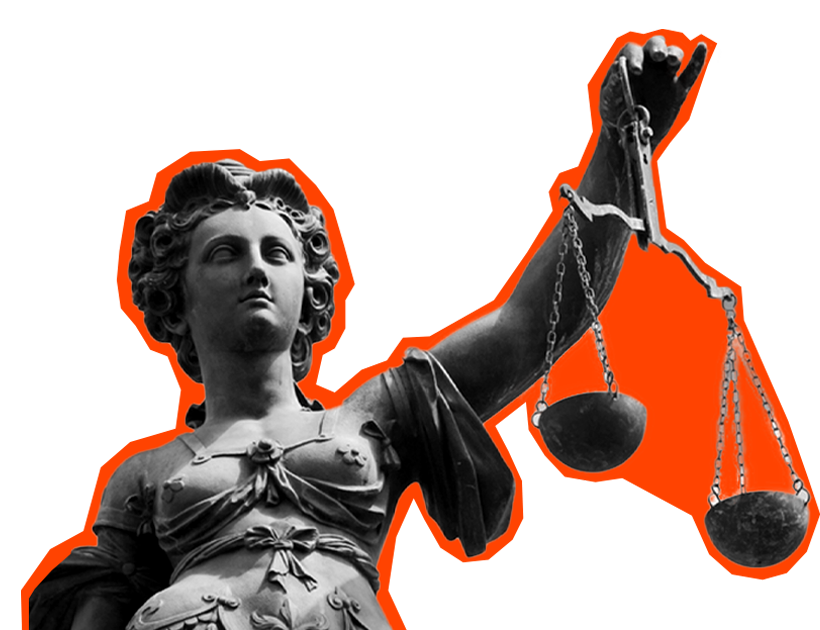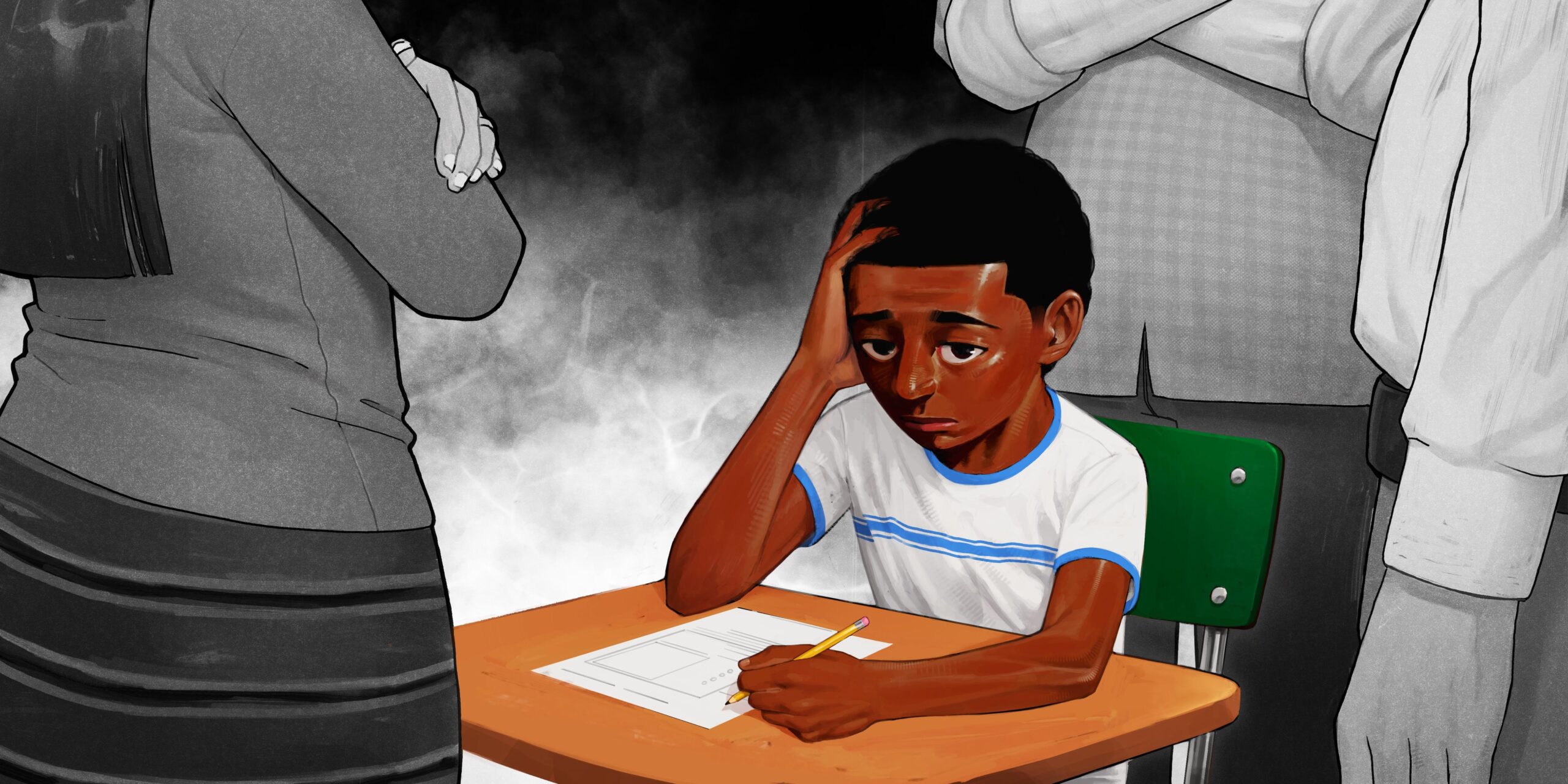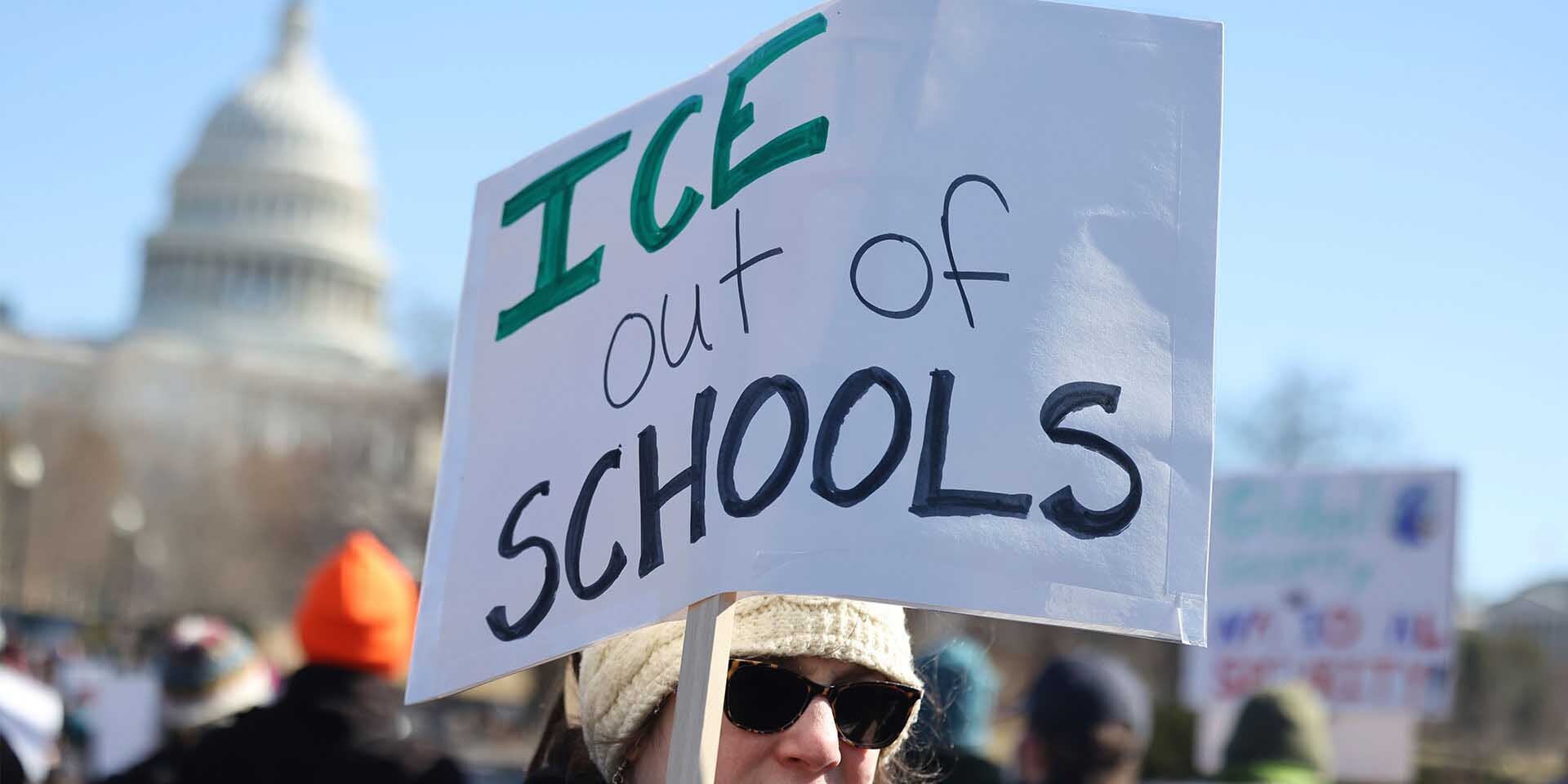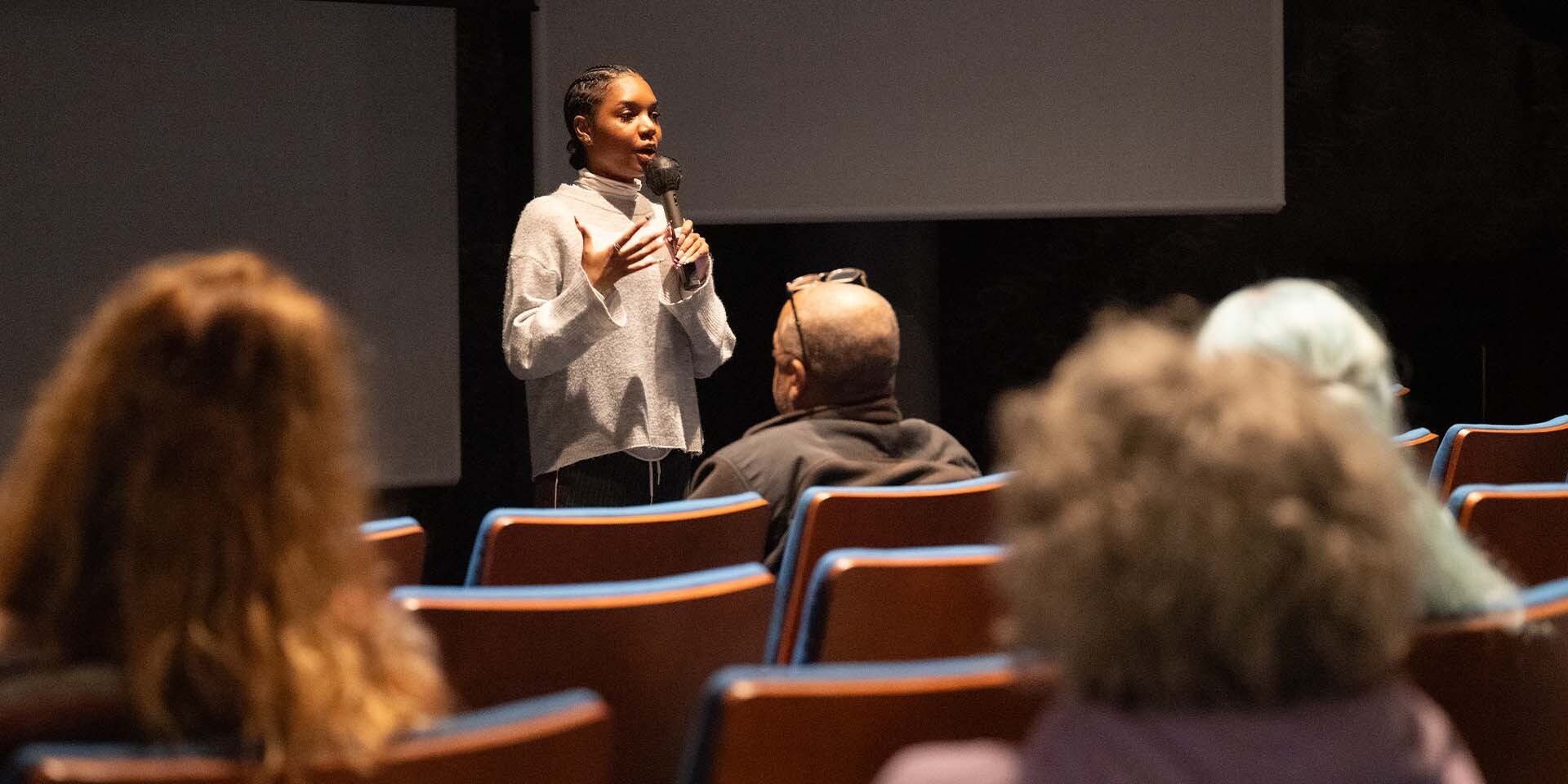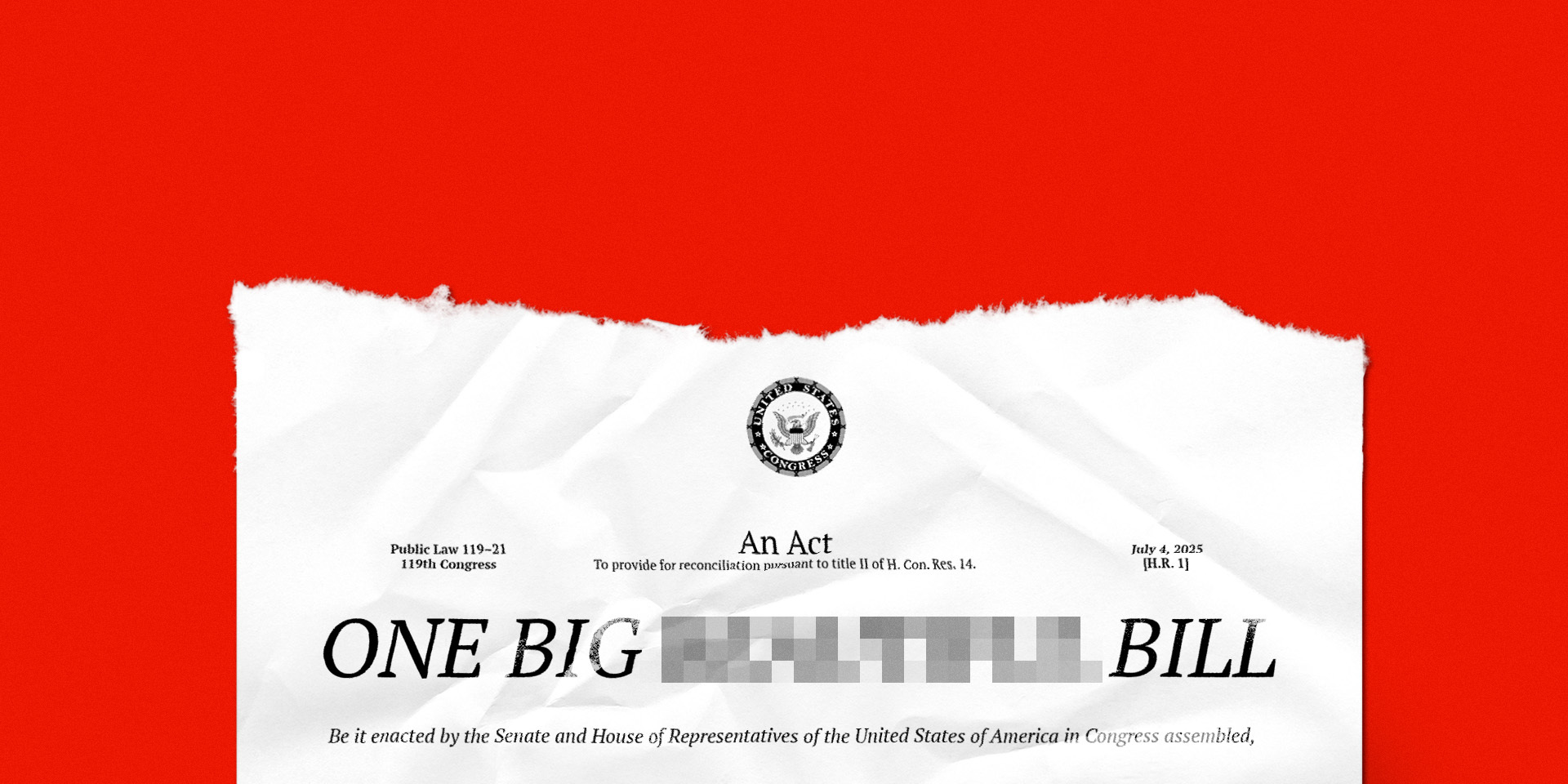A Better Way Forward on Justice.
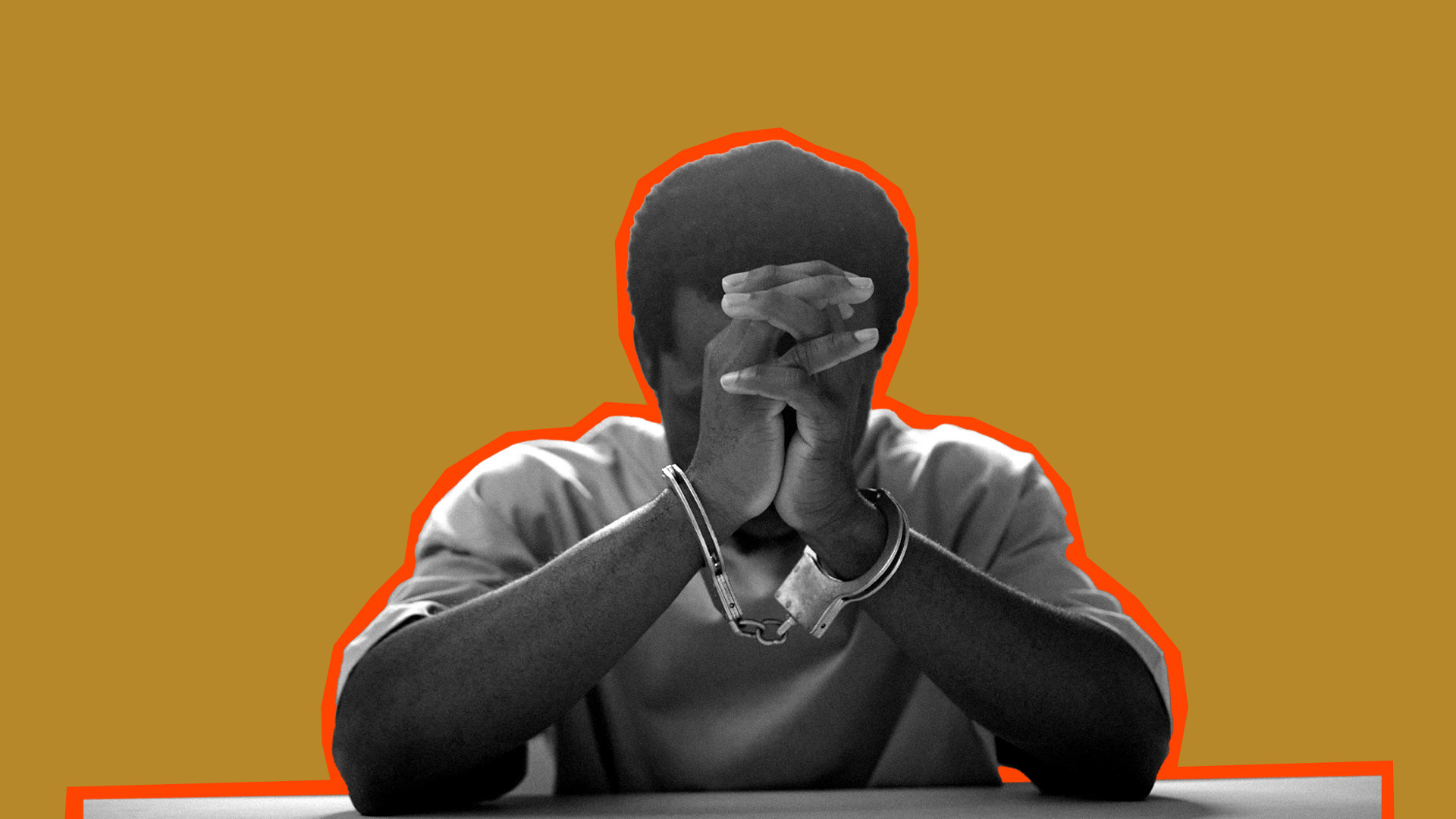
Millions Live Behind Bars in the U.S.
With the world’s largest prison population, the U.S. criminal legal system is marred by vast racial disparities, unfairly targeting and punishing communities of color and exacting a tremendous social cost throughout the Deep South.
Unjust Policies Threaten the Next Generation
Racist myths about Black youth criminality have been used to justify overly harsh punishments that create a school-to-prison pipeline and trap young people in a cycle of institutionalization.
Bringing an End to Era of Mass Incarceration
To reduce the number of Black and Brown people, including youth, who are incarcerated, we must reform the criminal legal system so that it prioritizes rehabilitation and operates fairly and equitably.
What We’re Working On
Criminal Justice
In courts, we challenge unconstitutional laws and practices that reinforce racial inequities in the justice system.
Decarceration
We advocate for alternatives to incarceration to reduce the number of Black and Brown people who are institutionalized.
Juvenile Justice
Through research and analysis, we build support for early interventions that disrupt the school-to-prison pipeline.
Over-Criminalization
By shifting narratives about public safety, we oppose discriminatory policies that criminalize people living in poverty.
Immigrant Justice
We pursue systemic litigation to challenge the overuse of detention in our immigration system.
Related Resources
Join Our Mailing List
Learn about how you can advocate for economic justice, access new SPLC publications and community resources, and read the latest updates about our legal and community organizing work. Stay connected to the SPLC by signing up for our mailing list.



